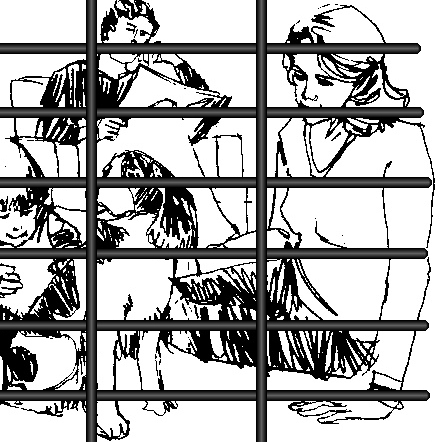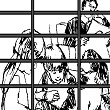Living in fear is not an Option
Overcome Domestic Violence


Are you experiencing fear, intimidation or violence in your relationship?
Behaviours that elicit fear or anxiety may be vexing, but may also be too terrifying to talk about them.
After all, they don’t manifest all the time. It is often even hard to know what is going on or what is behind you partner’s sudden outbursts of anger. Even if you know that something is wrong, it is not enough to know what to do about it.

Statistics show that violence in families is still widespread. Although it can take various forms, it may start with name calling or belittling. In some countries, even 80 per cent of women experience abuse and domestic violence. In Europe, some 30 per cent of women are subjected to violence.
The feeling of being overwhelmed or trapped in your relationship may indicate manipulation. Dependency, for some, may not be entirely obvious, while dealing with sociopathic behaviours is difficult.
Hearing assurances and promises of change or even blaming for past wrongdoings adds to confusion.
Hoping that such relationship will change may become just another trap, while feelings can make it hard to discern between what is real and what is only apparent.
When facing violence or being overwhelmed with emotional issues, it may be hard to leave.
The key to knowing how to deal with domestic violence or abuse is understanding what is going on.
Burning the Soul
Dealing with Emotional Child Abuse
This documentary inspired Domestic Violence Guide
Through this guide you can find answers to:
- drug addiction
- homelessness
- prostitution
- emotional issues
- various social problems
This guide will benefit those who want to resolve family issues and conflicts.
Psychologists have recognised that this guide has insights relevant in troubled relationships.

PSYCHOLOGY OF ABUSE
Abuse and various levels of aggression
Abuse is often part of intoxication. Some abusers display violence only towards their families, while others are aggressive also towards those outside of their family circles. They may display various levels of aggression and psychopathy. Drinking and taking drugs often triggers such acts.
Underlying nature of abuse

Findings in psychology indicate that males may perpetrate domestic violence to control female sexuality. Domestic violence leads to homicides, as it often unleashes violence. Psychology has various explanations as to the underlying causes of domestic violence, as caused by various deficiencies in coping strategies or skills that include the inability to control anger. Women, who lack social or family support are more often exploited by their abusive partners. Older men may often also be abusive towards their younger female partners.
The repetitive nature of aggression
Aggressive behaviours occur regularly rather than by chance. They are most often followed by more physical aggression later on. Abusers are more violent if they know that they won't face any consequences.
Why abuse is dangerous and so difficult to deal with?

Some batterers create so called 'projective identification' where certain states or emotions are projected onto another person, who may then acquire certain elements of their abusers' personality. Strong emotions can elicit behaviours that imitate projected emotional states or features. Such projections can even result in acquiring some physical features, such as voice pitch or speech manner by those abused. This process occurs on an unconscious level, so we may be unaware of it.
Why abusive partners are unable to judge their own behaviours?
Partners who are abusive may suffer from borderline personality disorder, where aggressive behaviours elicit violence. Their attitudes are provoked by experiencing so called 'splitting' characterised by extreme views of others and their behaviours as either extremely good or extremely bad to the point of ideation or hatred. Abusive individuals who perceive their partners as extraordinarily good or bad will make unrealistic interpretations of what is happening in their relationships as well. This in itself can lead to conflicts.
You will know better of how to handle problems in your family as well as will be able to understand better issues affecting your relationship, including how they arise. Various helpful guidelines are delivered also through commentaries that are part of both the book and the documentary.
Domestic Violence Guide is available from Amazon as well as on this website through secure payment below.
Domestic Violence Guide
For just $9 click the link below
Download your copy with secure payment instantly
Get it Here!
Comments
ClickBank is the retailer of this product. CLICKBANK® is a registered trademark of Click Sales, Inc., a Delaware corporation located at 917 S. Lusk Street, Suite 200, Boise Idaho, 83706, USA and used by permission. ClickBank’s role as retailer does not constitute an endorsement, approval or review of this product or any claim, statement or opinion used in promotion of this product.
|